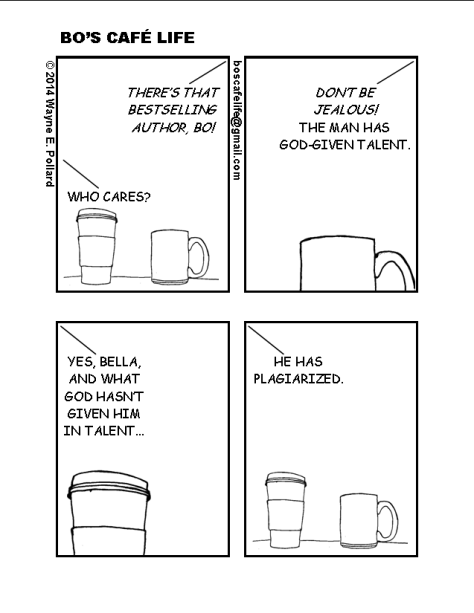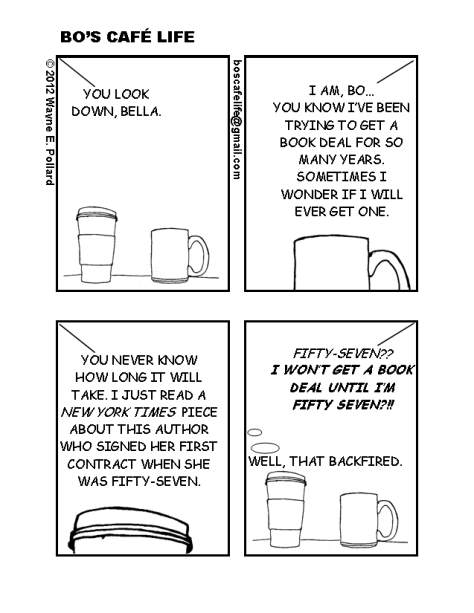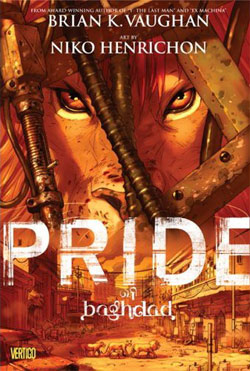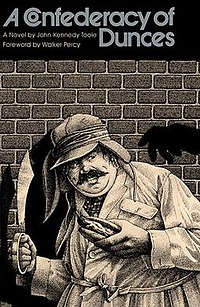There are several well-known songs written about writers and writing, including The Beatle’s Paperback Writer and Elvis Costello’s Everyday I Write the Book.
Songwriters like to include literary references in their lyrics. Jefferson Airplane sang about Lewis Carroll’s White Rabbit, Iron Maiden bellowed of Aldous Huxley’s Brave New World, Led Zeppelin injected Tolkien imagery into their songs, and Kate Bush gave an eerie interpretation of Wuthering Heights.
The Doors took their name from Aldous Huxley’s The Doors of Perception, which was written about his experiences on mescaline. Lead singer Jim Morrison was a voracious reader and wrote poetic lyrics referencing psychological issues. Several volumes of his poetry have been published.
Nick Cave wrote an angry song called We Call Upon The Author, in which he took swipes at various creative types including writers, politicians who’ve engineered social chaos and even God himself:
Bukowski was a jerk! Berryman was best!
He wrote like wet papier mache, went the Heming-way weirdly on wings and with maximum pain
We call upon the author to explain
Down in my bolthole, I see they’ve published another volume of unreconstructed rubbish
“The waves, the waves were soldiers moving”. Well, thank you, thank you, thank you
And again I call upon the author to explain
Yeah, we call upon the author to explain
Prolix! Prolix! There’s nothing a pair of scissors can’t fix!
When people ask me what I do for a job, and I reply ”I’m an author” the next question is usually “What do you write?” The glib answer is simply to say “Words”, but I like to go mystical on them by quoting Neil Young’s song title replying that I write‘Words (Between the Lines of Age)’ which appeared on his album Harvest.
It’s not that I’m going for immortality, more that what I write appears to immediately vanish into the ether of Time!
Do you have any favourite songs or lyrics about being a writer?
























